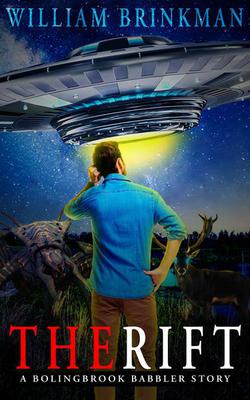Last year, I gave a lukewarm review of Heartstopper, including the first season of the TV series, and the webcomic up to that point. Today, I will offer a few comments on season 2. Because despite me being fairly critical, you know that I’m into it.
Coming out
If season 2 has any central focus, it’s on coming out. Nick has committed to coming out to people at school at the beginning of the season, and he only gets around to it near the end of the season.
On the one hand, I appreciate the portrayal of coming out as a long and arduous process. In many stories, coming out is portrayed as a single confrontation, usually with parents. But in real life, there are so many people to come out to, way more than you can reasonably fit in a story. When an LGBTQ person is committed to coming out, it really is a long-term commitment, and you never stop.
On the other hand, a huge benefit of coming out for gay/bi men is that you can actually have a relationship in public. There are just so many things you cannot do in a same-sex relationship while closeted because people would find out. But this does not seem to present much of a benefit to Nick and Charlie, because they’re pretty much already doing the things that you can’t actually do while closeted. They somehow find an endless supply of private spaces. Quite a number of these private spaces are actually in public, they’re just treated as private for no real reason. The low-stakes story seems to remove some of the major issues that motivate people to come out.

